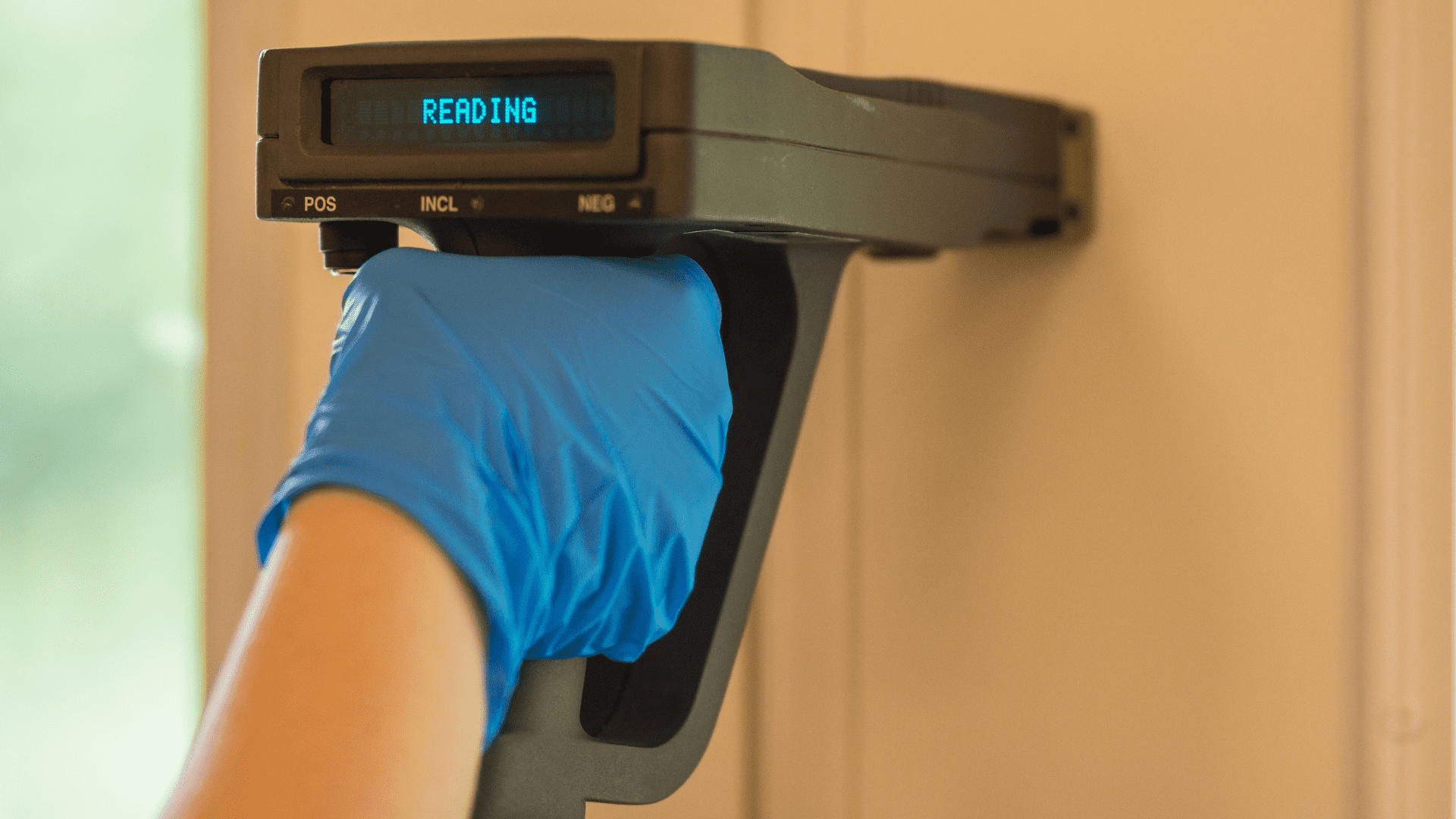
If you live in an older home or neighborhood and have recently discovered lead in your paint, soil, plumbing, or elsewhere, it’s wise to work toward lead remediation or abatement as soon as possible. Remediation involves bringing your home up to lead safety standards by mitigating associated health risks. Abatement involves permanently removing lead from your home altogether. Whichever approach you use, it’s best to hire a lead-safe certified contractor. Here’s how to reduce or eliminate your risk of lead exposure.
- Lead-based paint remediation and abatement. Paint remediation can be done by painting over the lead paint with newer, lead-free paint. This process is called encapsulation. With abatement, the lead paint is removed entirely. The U.S. Environmental Protection Agency has issued a federal law requiring anyone who does either of these to have a Renovation, Repair, and Painting (RRP) certification.
- Interim and permanent lead soil abatement. Soil contaminated by lead can be addressed with an interim abatement, which involves cleaning, removing, replacing, or covering the affected soil. Permanent abatement involves removing the affected soil, testing whatever is left over for lead, and covering it with either noncontaminated soil, asphalt, or concrete.
- Lead pipe and plumbing material abatement. If more than 10 percent of water taps in a monitored area exceed 15 parts of lead per billion, the water is considered unsafe and is in violation of federal safety standards. To resolve lead exposure in water, city or state contractors can do a partial or complete replacement of pipes coming from the main water line. Homeowners are responsible for replacing plumbing within property lines.
Low-income families, families of color, and residents of older buildings are disproportionately affected by lead exposure. This underscores the need to ensure that municipalities are doing their part to keep main water lines lead free as well as the need to provide homeowners with affordable options for reducing their lead exposure. Some government programs provide financial assistance for lead remediation and abatement, and there may also be local organizations in your area that can help with this as well.
Get Financing for Lead Remediation or Abatement in Your Home
If you live in Michigan, you can get financing for lead abatement through our Lead Poisoning Prevention Fund (Lead Fund) if you don’t qualify for free services through the Michigan Department of Health and Human Services. Michigan Saves can help keep lead contamination from costing you and your health.
For more information on lead abatement financing, visit our website.




